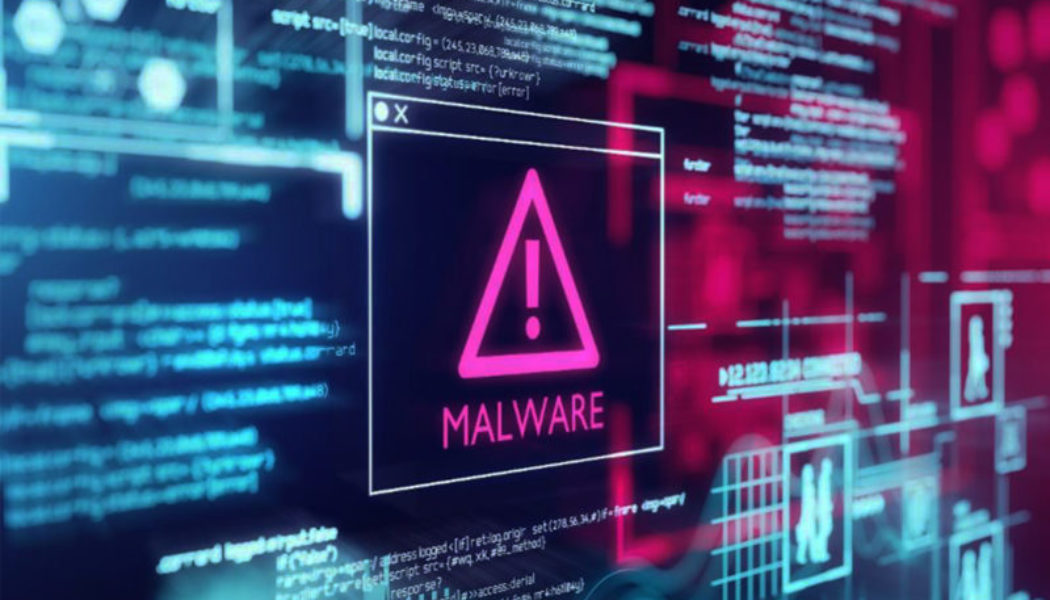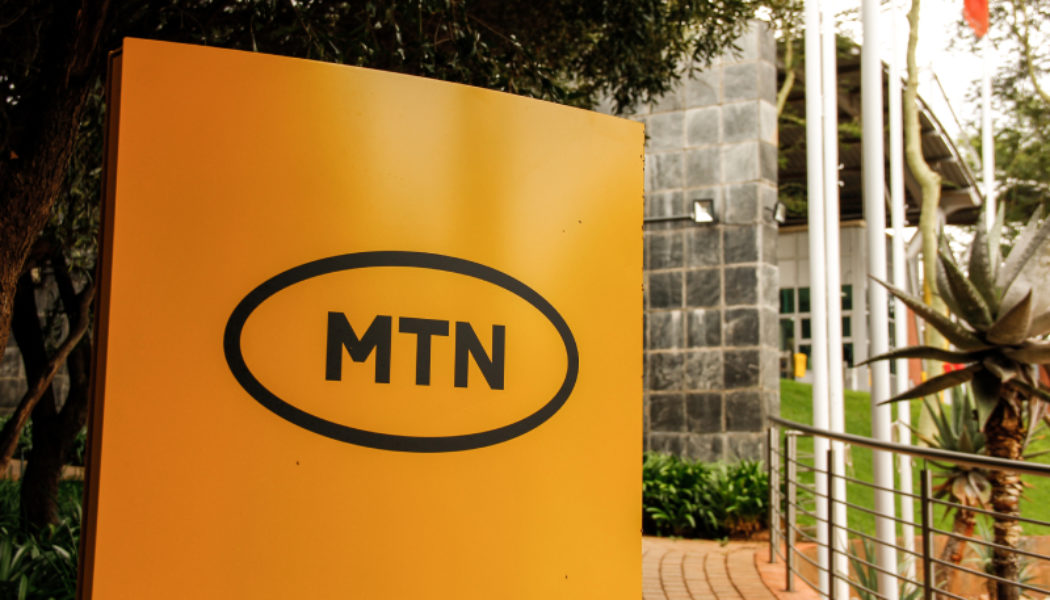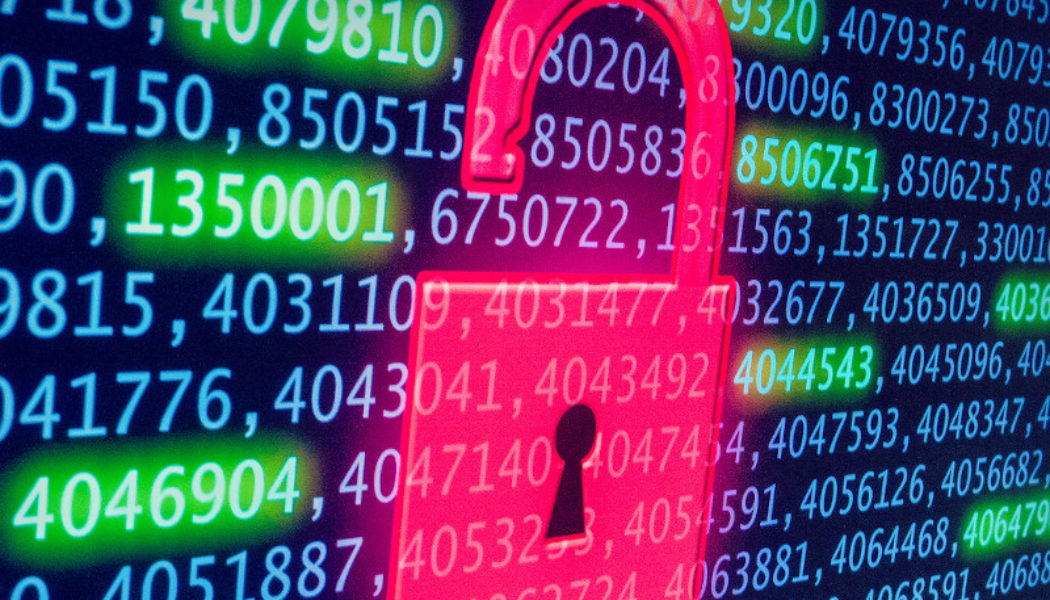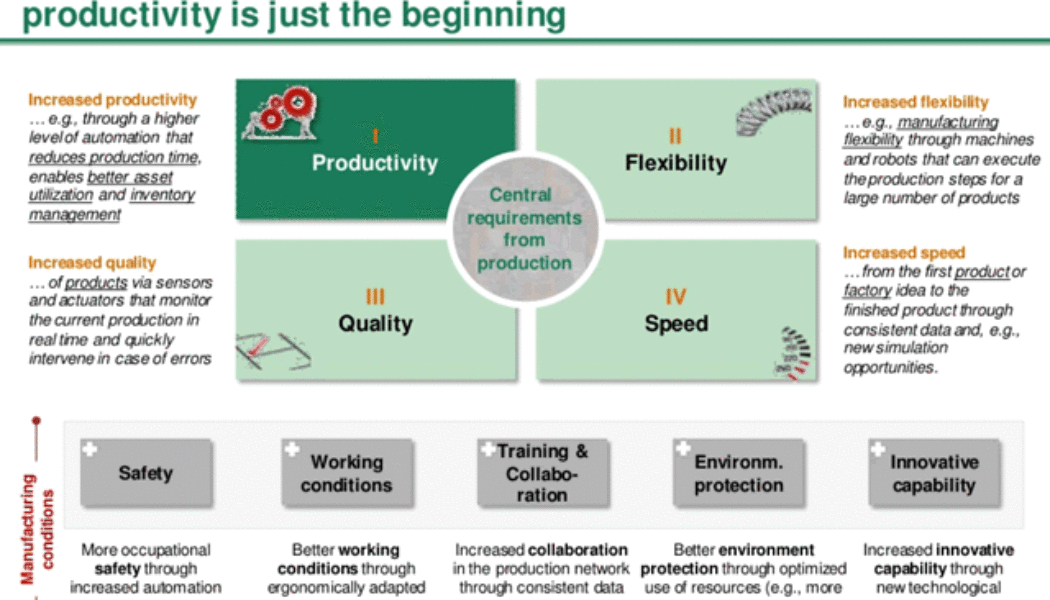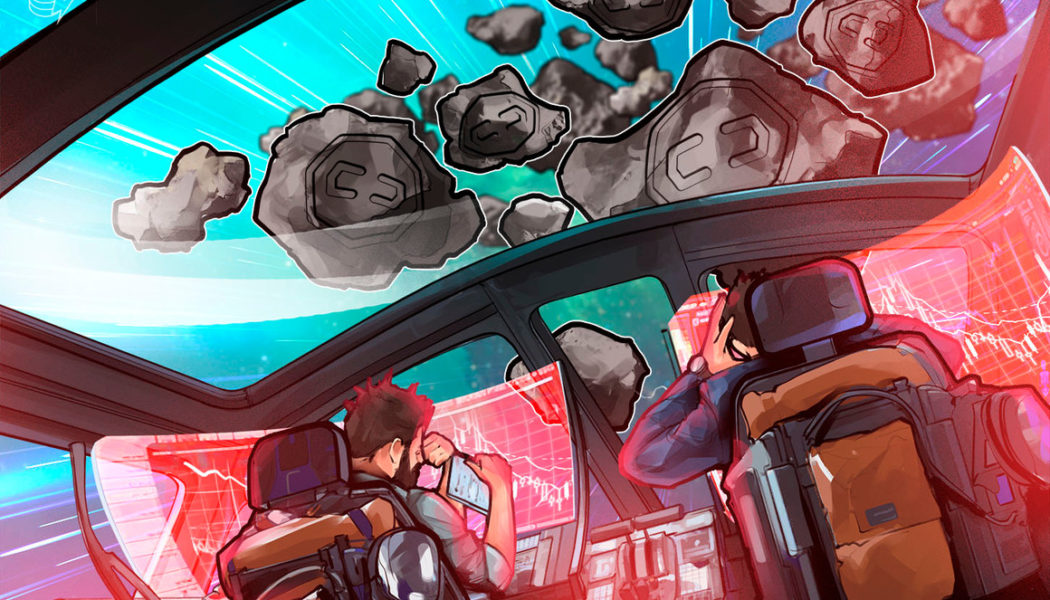cybersecurity
Ransomware Attacks on Healthcare Organizations Increased 94%, According to Sophos
Image sourced from Alpine Security. Sophos, a global leader in next-generation cybersecurity, has published a new sectoral survey report, “The State of Ransomware in Healthcare 2022.” The findings reveal a 94% increase in ransomware attacks on the organizations surveyed in this sector. In 2021, 66% of healthcare organizations were hit; 34% were hit the previous year. The silver lining, however, is that healthcare organizations are getting better at dealing with the aftermath of ransomware attacks, according to the survey data. The report shows that 99% of those healthcare organizations hit by ransomware got at least some their data back after cybercriminals encrypted it during the attacks. Additional ransomware findings for the healthcare sector include: Healthcare organizations had the se...
Small Businesses in Kenya Face 47% Increase in Cyber Attacks
When a small business owner is faced with the responsibilities of production economics, financial reports, and marketing all at the same time, cybersecurity can often appear complicated and, at times, unnecessary. However, this disregard for IT security is being exploited by cybercriminals. Kaspersky researchers assessed the dynamics of attacks on small and medium-sized businesses between January and April 2022 and the same period in 2021, to identify which threats pose an increasing danger to entrepreneurs. In 2022, the number of Trojan-PSW (Password Stealing Ware) detections in Kenya increased by 16% when compared to the same period in 2021 – 12 639 detections in 2022 compared to 10 934 in 2021. Trojan-PSW is a malware that steals passwords, along with other account inform...
How Loadshedding Can Cause Cyber Security Risks
Image sourced from Forbes. Work-from-anywhere (WFA) model have greatly expanded in South Africa in recent weeks, as loadshedding forces remote workers to seek power from a multitude of sources, in malls and coffee shops, meaning they may be alternating between mobile phones, tablets and laptops across any number of potentially unsecured public Wi-Fi hotspots. This mobility increases the cyber security risks presented by all these devices that are often poorly secured to begin with. Smartphones, in particular, have become a critical part of the remote workforce toolkit. They are such an integral part of each person’s daily routine, people may regard them as trusted and safe. As a channel to your personal data, banking and accounts, and a link to your work and business data, smartphones...
Lacking Visibility: today’s biggest cybersecurity threat (and how to fix it)
Do you know the condition of your cybersecurity estate right now? Most companies have a tenuous grasp on whether their cybersecurity products and services are working as expected. What is the status of your patching? Are the security services delivering what you pay for? Do you know what the gaps and blind spots are in your security coverage? Above all, how long does it take for you to learn those answers? Days? Weeks? Creating accurate security reports takes time because you rely on numerous independent and uncoordinated vendor products with individual agents and data standards. Information often has to be manually compiled and harmonised into a single report. Time and insight are precious commodities for cybersecurity. Information from last week is not very useful to your current threats...
DeFi-ing exploits: New Chainalysis tool tracks stolen crypto across multiple chains
Blockchain analytics firm Chainalysis has released a new tool to track transactions across decentralized finance (DeFi) protocols and multiple blockchains. Chainalysis launched a beta version of its Storyline software on Wednesday. Touted as a “Web3-native blockchain analysis tool,” Storyline aims to track and visualize smart contract transactions with a focus on nonfungible tokens (NFTs) and DeFi platforms. This is in line with the growing popularity and prevalence of NFTs and DeFi in the cryptocurrency space over the past year. Chainalysis provides blockchain analysis and annual reports on cryptocurrency crime trends and other analytics. The ever-changing landscape has seen DeFi and NFTs become important cogs in the ecosystem, with Chainalysis estimating the two sectors account for more ...
Does Your Business Understand the Potential of Industry 4.0?
Zuko Mdwaba, Area VP, Salesforce South Africa. In the business world, the term “Fourth Industrial Revolution” is gradually gaining traction. What began with steam and water power has evolved into advanced computerisation and technology that is ready to disrupt virtually every industry at breakneck speed. The acceleration of the Fourth Industrial Revolution (4IR) and the digitalisation of our life is possibly one of the most significant consequences of the Covid-19 pandemic. Do businesses, on the other hand, fully comprehend the revolution’s potential and challenges? What is the fourth industrial revolution? Before we look at the opportunities that may come as a result of the 4IR, it’s important to first grasp what the 4IR is all about. It refers to how the Internet of Things (I...
DeFi attacks are on the rise — Will the industry be able to stem the tide?
The decentralized finance (DeFi) industry has lost over a billion dollars to hackers in the past couple of months, and the situation seems to be spiraling out of control. According to the latest statistics, approximately $1.6 billion in cryptocurrencies was stolen from DeFi platforms in the first quarter of 2022. Furthermore, over 90% of all pilfered crypto is from hacked DeFi protocols. These figures highlight a dire situation that is likely to persist over the long term if ignored. Why hackers prefer DeFi platforms In recent years, hackers have ramped up operations targeting DeFi systems. One primary reason as to why these groups are drawn to the sector is the sheer amount of funds that decentralized finance platforms hold. Top DeFi platforms process billions of dollars in transactions e...
How blockchain archives can change how we record history in wartime
Decentralized blockchain technology has been around for a relatively short period of time, in the grand scheme of things, but its decentralized nature has the power to keep data and information out of the hands of censors looking to create a “safe” and “faultless” version of history. Blockchain is permissionless and literally owned by no one. So, while we can’t save the Alexandria libraries of the past, we can make sure the future is well equipped with the tools necessary to preserve historical records. Here we’ll look at some of the ways nonfungible tokens (NFT) and blockchain technology have been used for keeping archives, the potential downfalls of such technology, and what the future holds for blockchain-based storage systems. NFTs and archives While many current use cases ...




